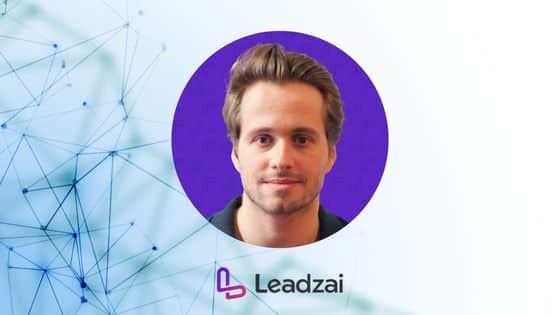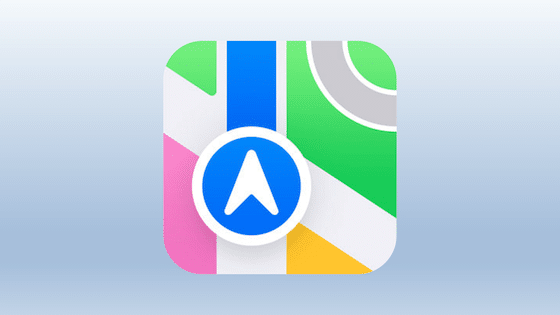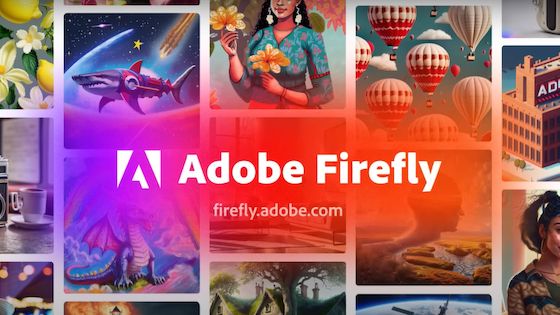Early in the generative-AI exuberance cycle, Google got some flak for being late to the party. While Microsoft rapidly released features like Bing Chat (now Copilot), Google – pre-Gemini & SGE – was relatively quiet. And the schadenfreude descended ruthlessly with claims of Google’s demise.
We maintained during that period that Google will be just fine. As the world’s search engine for the past 25 years, its knowledge graph is the best human-intelligence training set you could ask for. And much of the deep research around transformer (the “T” in ChatGPT) originated in the halls of Google.
So Google’s challenge (and slow-walking) aren’t about technical capability, but rather a classic innovator’s dilemma. Generative and conversational AI are all about getting one answer, which disrupts Google’s SERP architecture, and thus ad volume. It knows it needs to lean into AI, but is conflicted.
The answer to this dilemma may come down to quality over quantity. While its query volume declines due to competing AI engines, and its ad fill rates decline due to SERP transformation, could it counterbalance those losses with lead value? Could one hyper-targeted offer fiscally equate to several sponsored links?
Sales, not Clicks
In the above scenario, the idea is that advertisers utilize a bid marketplace around real-time offers, as opposed to clicks – a potentially more efficient way to land new business. From a user perspective, they get targeted offers for things they’re looking for, which is likewise more efficient than 10 blue links.
We unravel that potential scenario as a lead-in for LeadzAI, as it’s already doing something similar. The “pay-per-results” engine offers SMBs the ability to have programmatic offers-based campaigns. Co-founder and CEO Joao Aroso told Localogy Insider that this is what SMBs want: Sales, not clicks.
With an offers-based auction model, SMBs can programmatically bid to close a warm lead with discounts, rather than “paint-and-pray” standard paid search ads. Aroso calls this a pure lead-gen experience and a customer acquisition platform. It’s all about tangibility and immediate gratification.
The other hook for LeadzAI’s is AI-driven campaigns. It’s utilizing AI to build offers-driven ads. In addition to the tangibility noted above, this automation resonates with SMBs. As we keep saying, AI is best placed where it can streamline SMB marketing workflows and preserve their most precious resource: time.
With all the above, LeadzAI also has an advantage over Google: It can move with greater agility. Though the scenario above (quality versus quantity) stands to reason, Google can’t exactly flip a switch, as there are hundreds of billions of ad revenue dollars on the line. So LeadzAI has built it on top of Google.
Competitive Battleground
Stepping back, some of the AI-driven evolutions in search require delineating the different types of search. In a broad sense, these can be bisected into two buckets, as Yext CDO Christian Ward tells us: subjective and objective. The former is all about insights while the latter is about structured info.
The subjective bucket is driven by exploration, such as opinion, political commentary, or how-to content. And that’s where traditional search shines in indexing myriad sources. But objective search is where commercial queries, including local search, live. We’re talking business listings and product information.
The two modalities continue to co-exist, but the objective bucket is where search is most prone to disruption (or elevation) from AI. And it comprises about half of search queries, says Ward. So that’s the competitive battleground for Google, Bing, and challengers like OpenAI and its rumored search engine.
As for how that plays out from a UX perspective, Ward envisions a dialogue between you and the search engine, as opposed to keyword-based search. You go back and forth through a series of questions and answers to refine your specific need before getting the perfect offer from the LeadzAIs of the world.
And the beauty of this scenario, as Ward tells us, is the holy grail of ad targeting: deeper zero-party data. Transcending the benefits of first-party data (generated, held, and used on one insular network), zero-party data is when users actively volunteer their needs or information – the ultimate intent signal.



